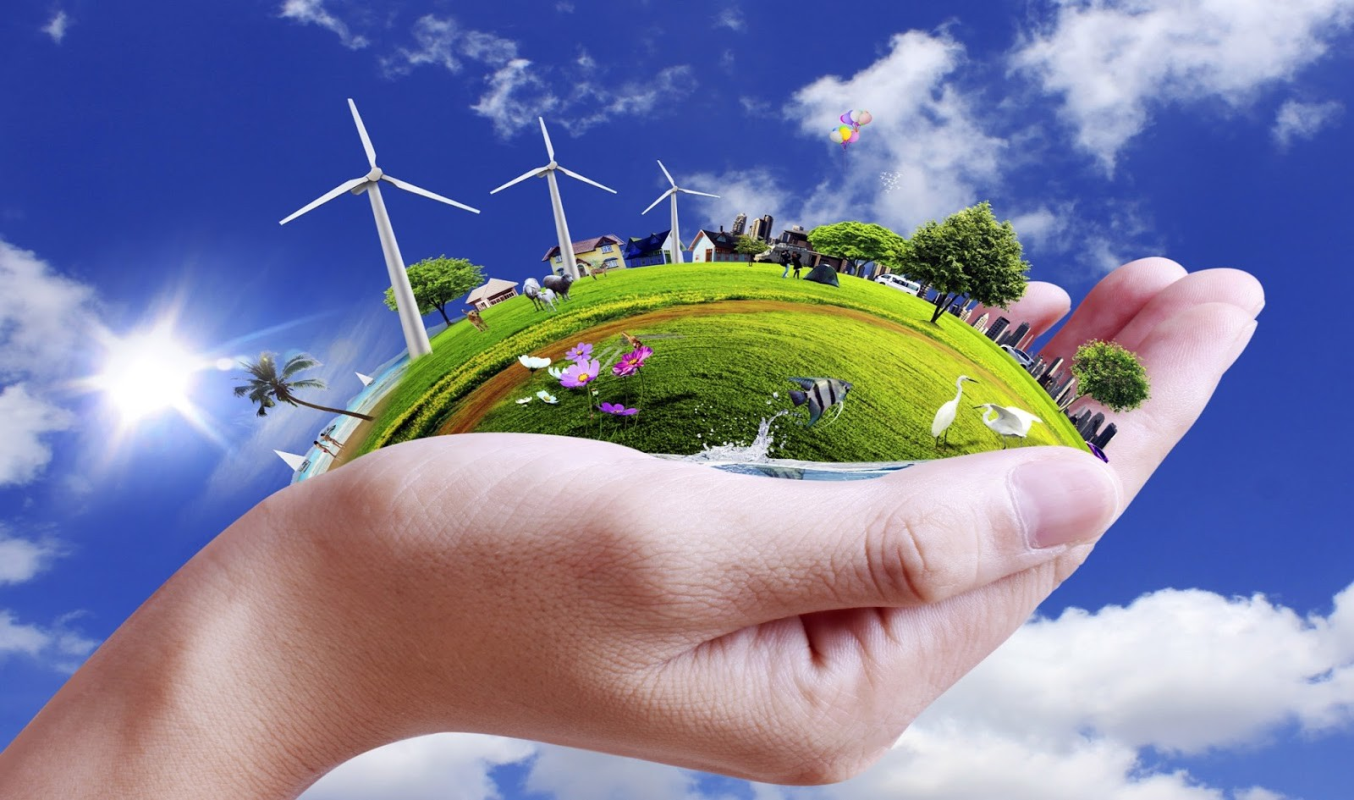
Environment and Energy
Climate change is accepted as one of the biggest environmental problems on a global scale today. It affects every aspect of our lives, including physical and natural environment, urban life, development and economy, technology, agriculture and food, clean water and health, and compels countries to increase their efforts to solve these issues.
Starting from the late 1980s, studies were carried out under the leadership of the United Nations and international organizations in order to reduce the negative impact and pressure of humans on the climate system, and as a result, the United Nations Framework Convention on Climate Change and the Kyoto Protocol were established with wide participation. While this agreement and protocol brings legal regulations to limit and reduce human-induced greenhouse gas emissions, it also increases its effectiveness in international emission trade, technology and capital movements day by day.
The fact that the energy sector has a much higher share in human-induced greenhouse gas emissions than all other sectors means that the measures to be taken and implemented within the framework of climate change will mainly be realized in this sector. In the world, climate change and energy policies have been integrated, and countries that have made a commitment to reduce greenhouse gasses have had to shape all their energy policies within this framework.
Our country, which is in the process of rapid population growth and industrialization, puts pressure on natural resources. In the EU process, significant progress has been made in the fields of environment and energy, waste management, site rehabilitation, emissions and noise.
For these reasons, reducing greenhouse gas emissions while producing energy in the world and in our country should be the most important goal.
